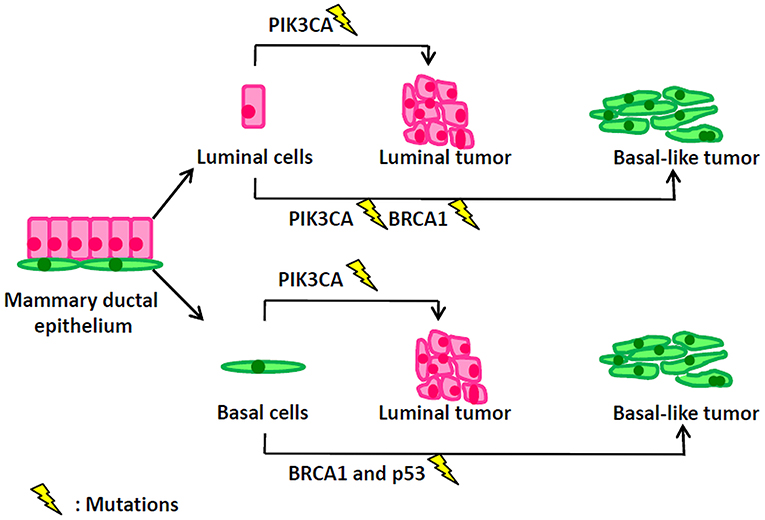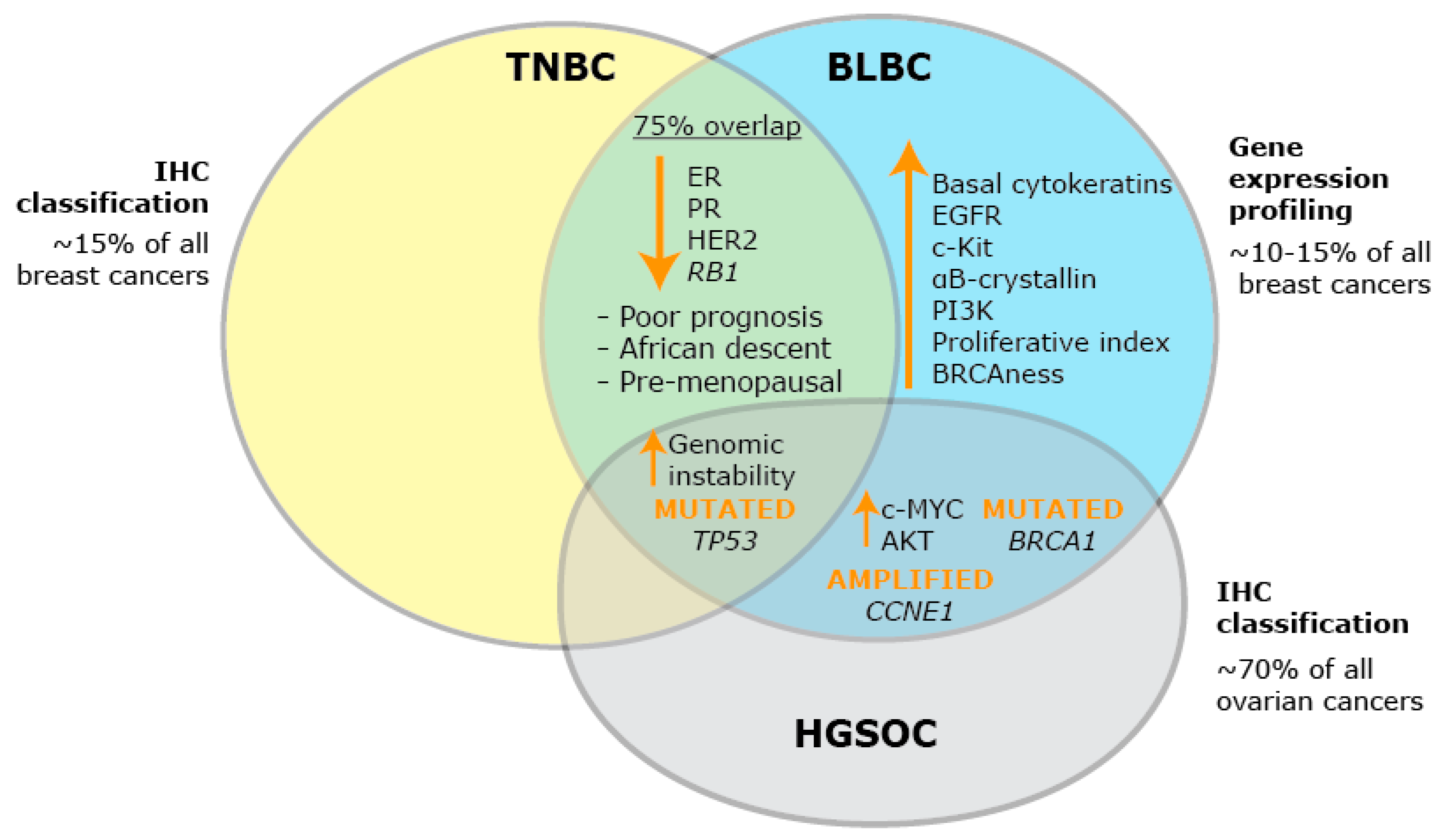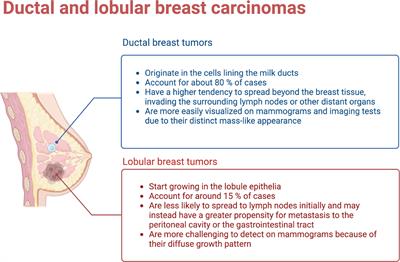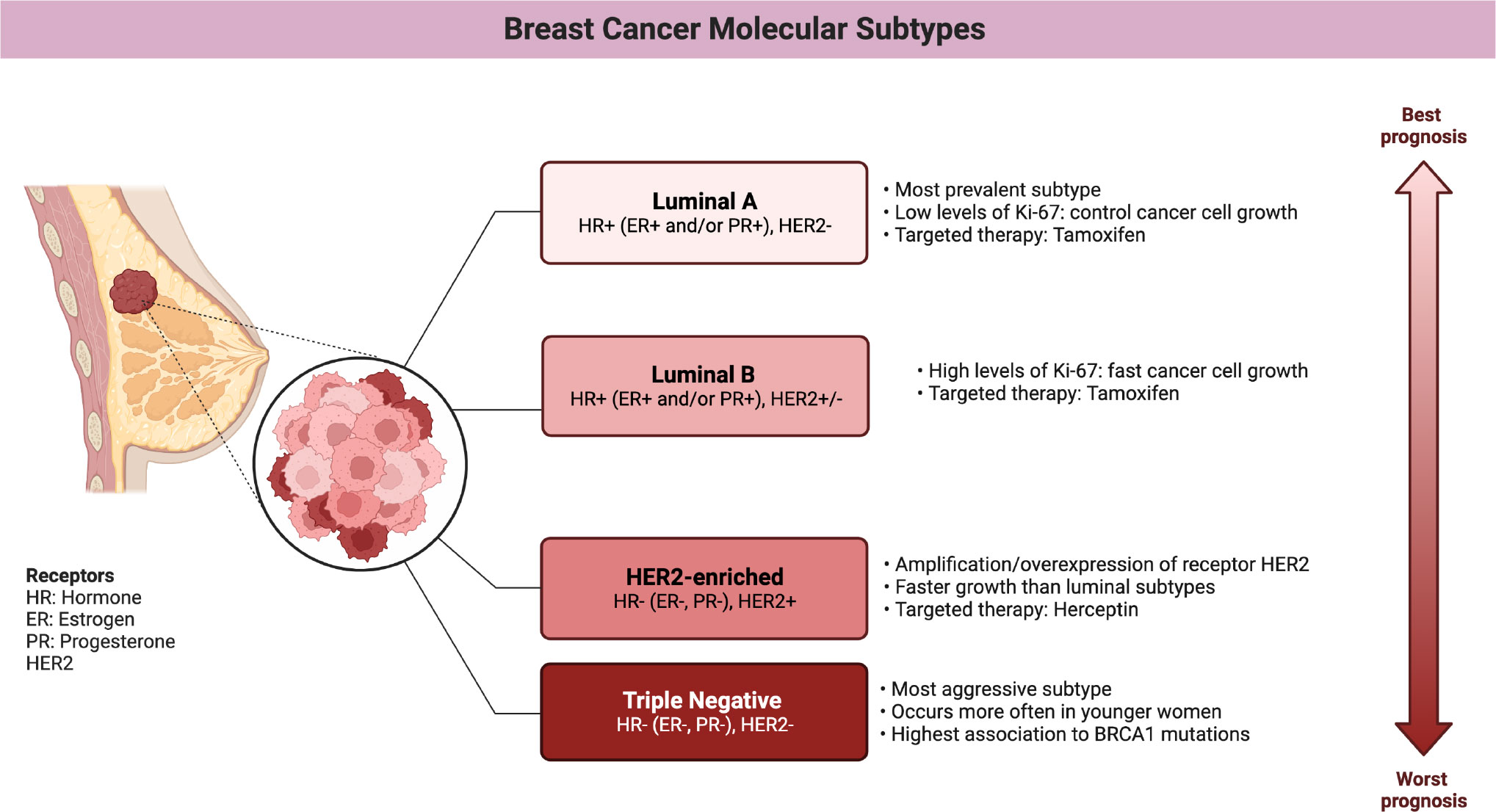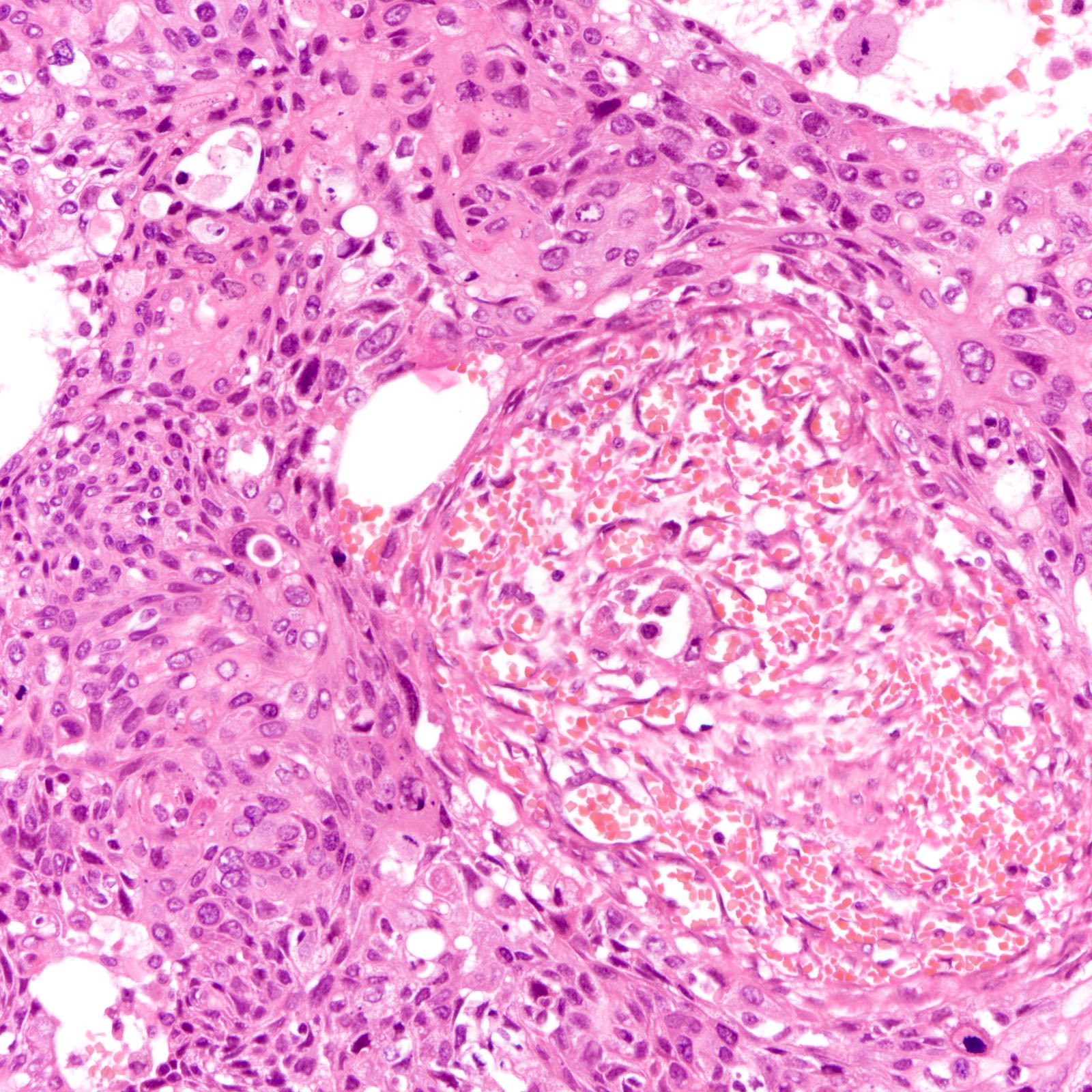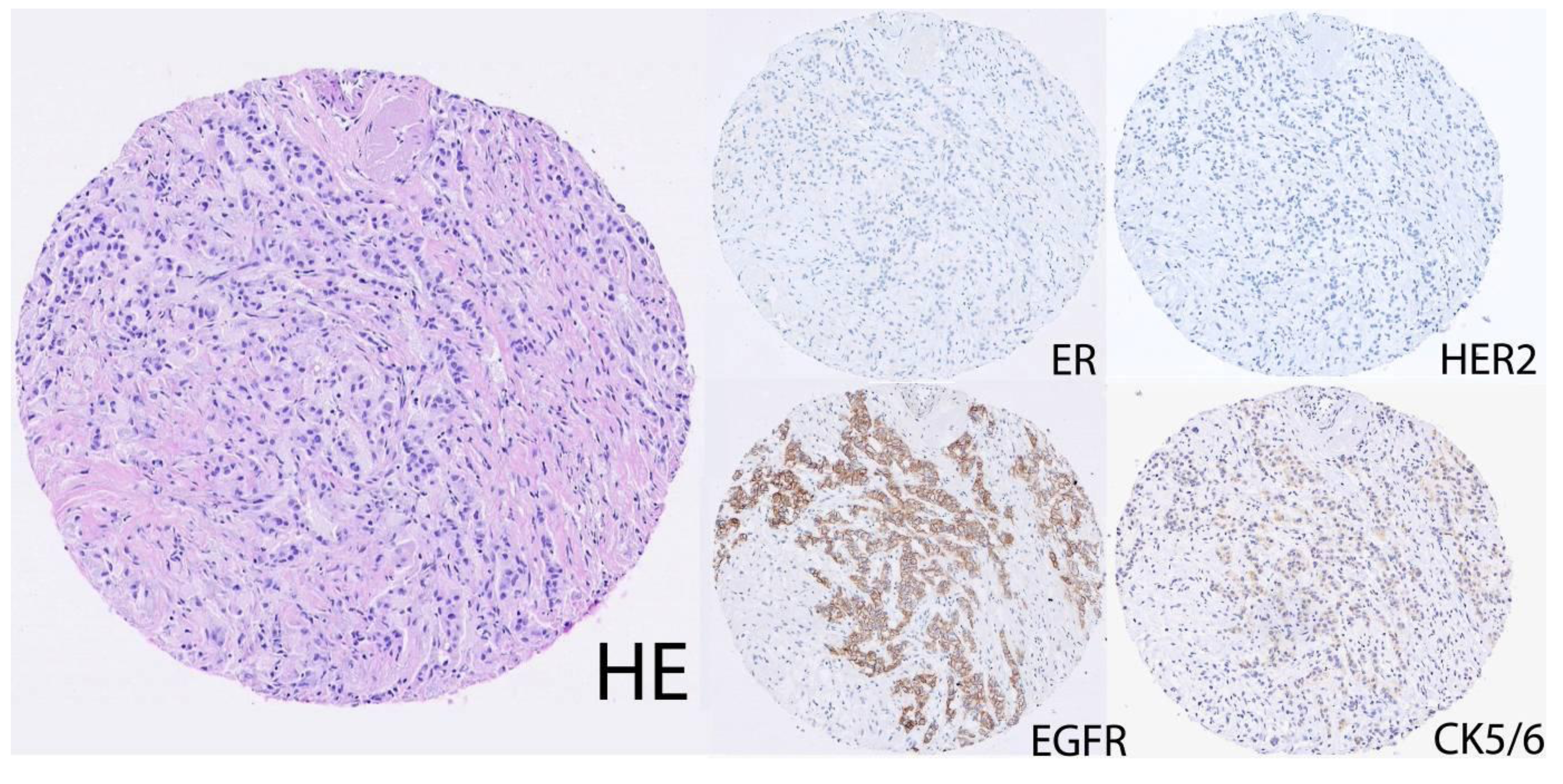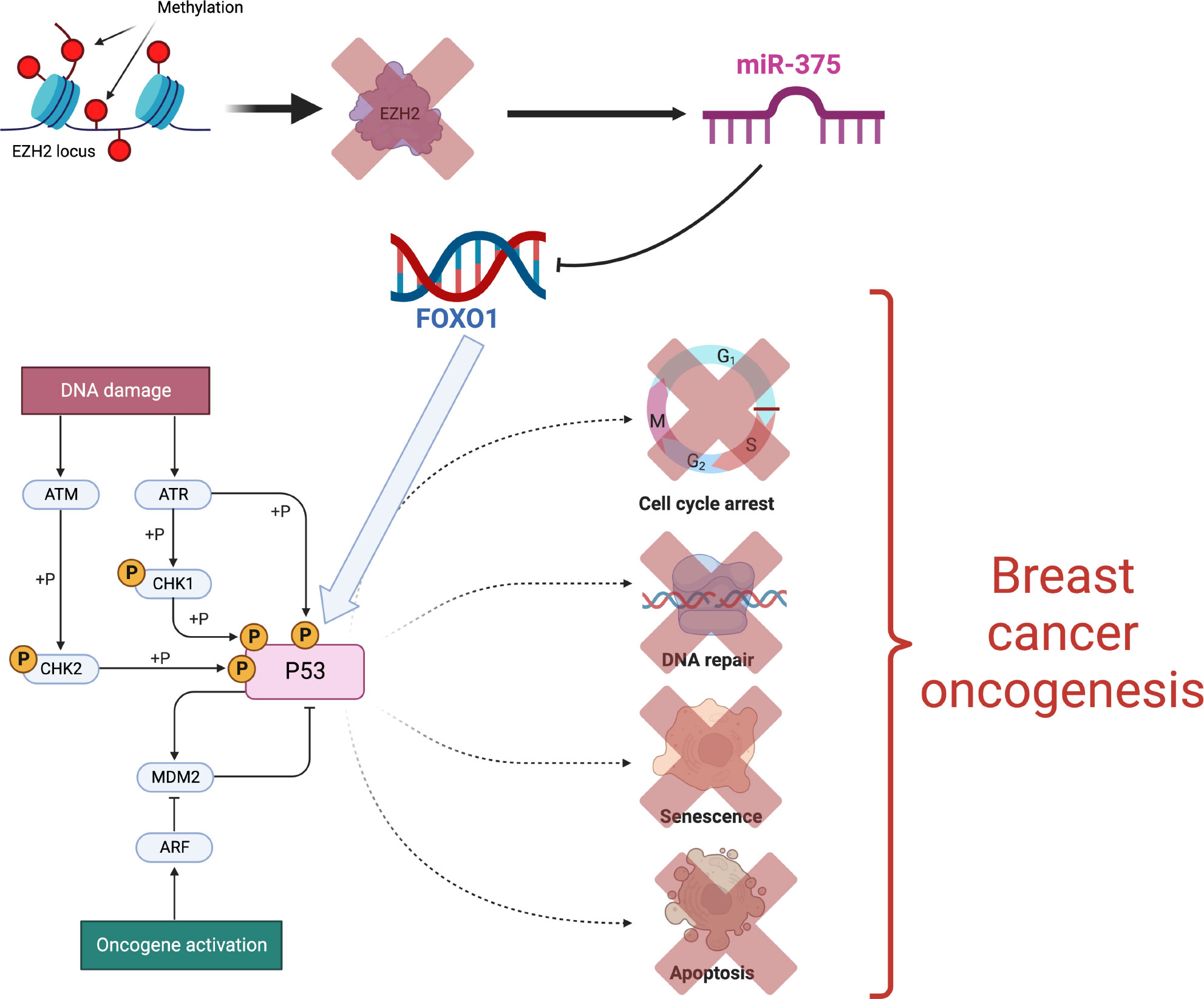
Association of molecular markers in breast cancer: with clinicopathological factors: Hernández Frometa, Mónica, de Armas Hernández, Yarelis, Díaz Cabrera, José Caridad: 9786204464404: Amazon.com: Books
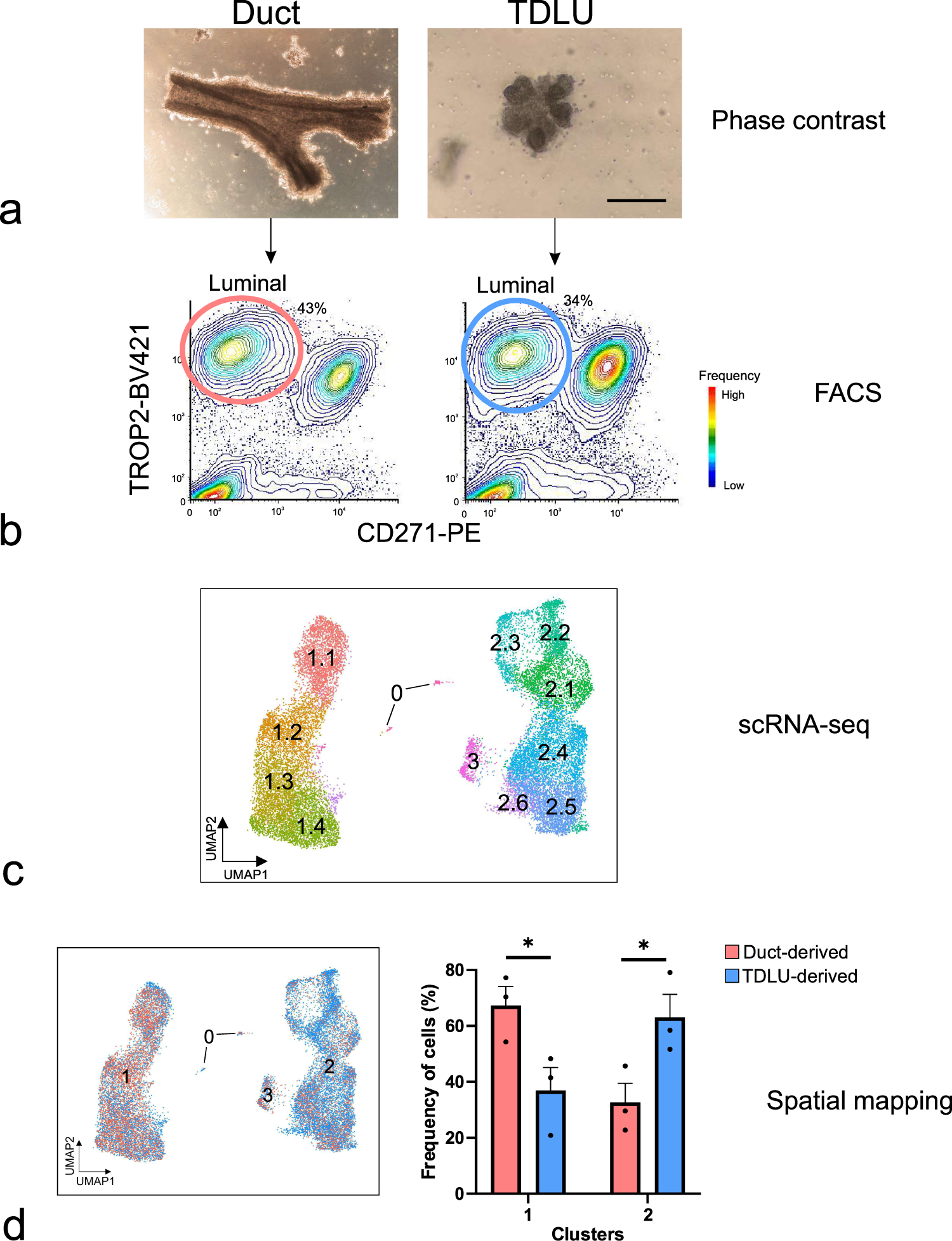
Ductal keratin 15+ luminal progenitors in normal breast exhibit a basal-like breast cancer transcriptomic signature | npj Breast Cancer
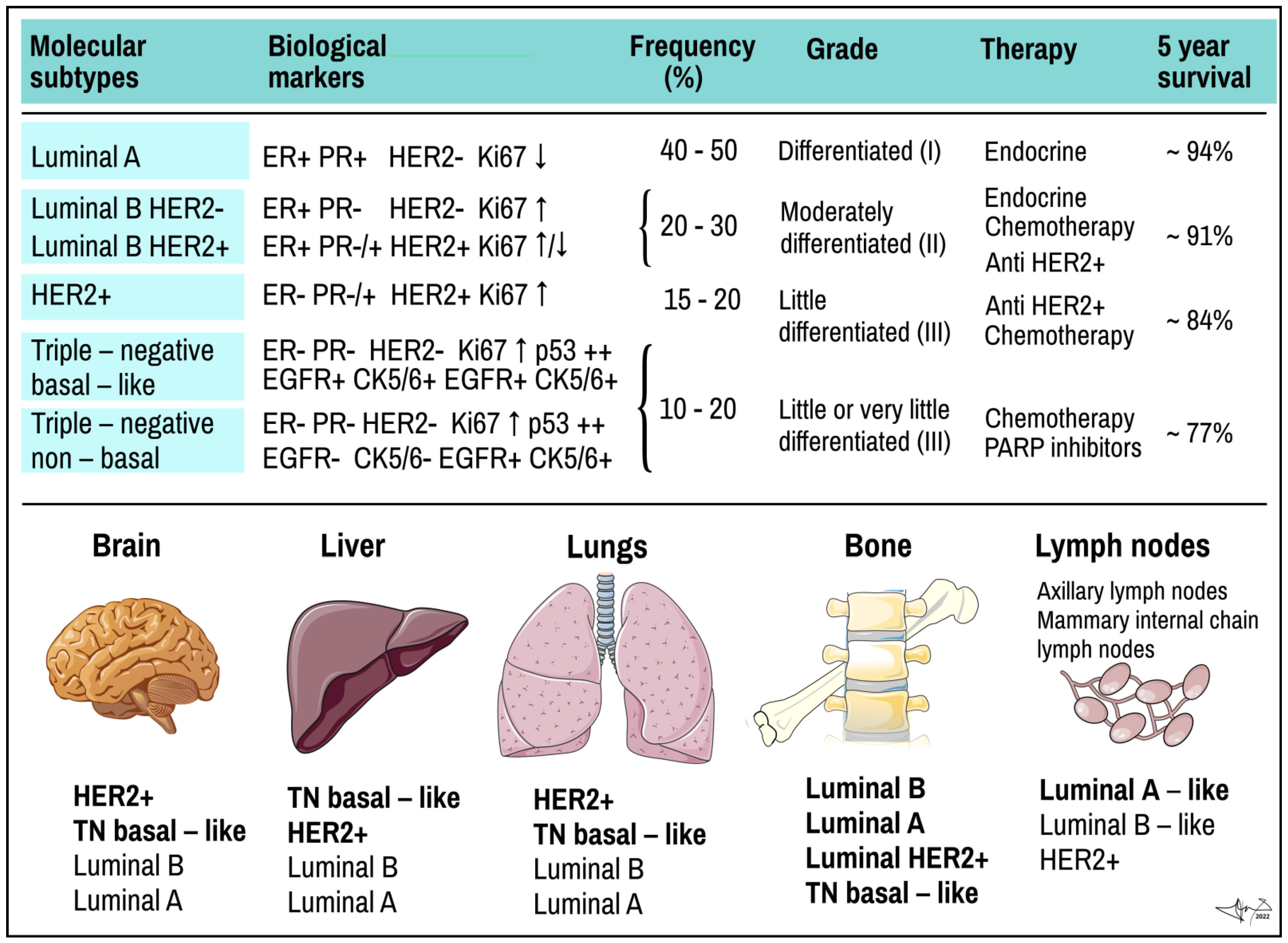
Cancers | Free Full-Text | Classic and New Markers in Diagnostics and Classification of Breast Cancer

Amazon.com: Basal-like breast cancer clinical and pathological(Chinese Edition): 9787509179901: ZHANG JIN KU ZHANG ZHE YAN: ספרים

Clinical implications of HER2 mRNA expression and intrinsic subtype in refractory HER2-positive metastatic breast cancer treated with pan-HER inhibitor, poziotinib | Breast Cancer Research and Treatment

Amazon.com: Molecular aspects of breast cancer: BRCA protein expression and its correlation with treatment of sporadic breast cancer: 9783659116933: Ashraf, M.: Books

Association of molecular markers in breast cancer: with clinicopathological factors: Hernández Frometa, Mónica, de Armas Hernández, Yarelis, Díaz Cabrera, José Caridad: 9786204464404: Amazon.com: Books

Precision Molecular Pathology of Breast Cancer (Molecular Pathology Library, 10): 9781493948673: Medicine & Health Science Books @ Amazon.com
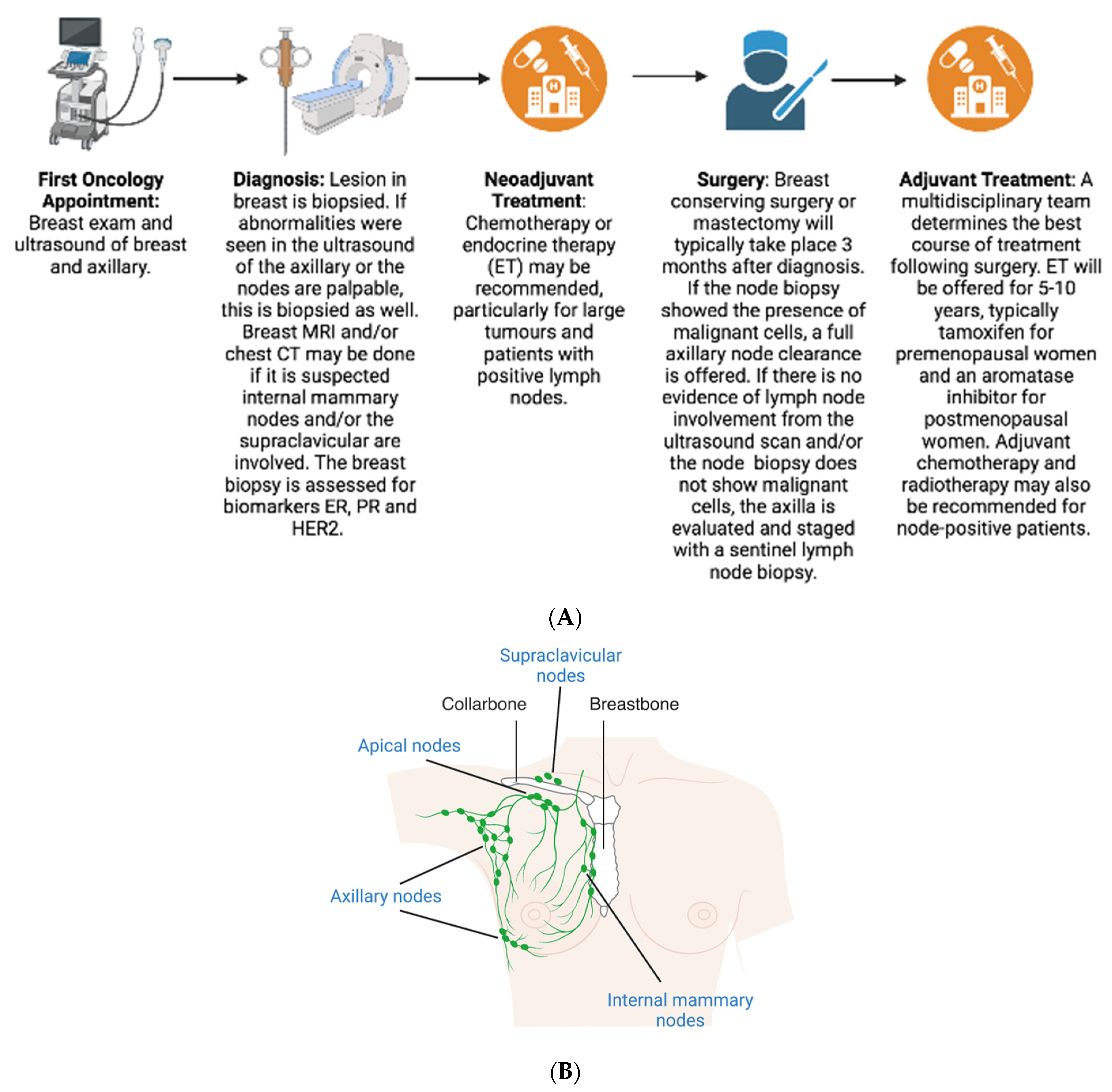
JPM | Free Full-Text | The Role of Nodes and Nodal Assessment in Diagnosis, Treatment and Prediction in ER+, Node-Positive Breast Cancer

Machine learning-based models for the prediction of breast cancer recurrence risk | BMC Medical Informatics and Decision Making | Full Text

Amazon.com: Biomarkers in Breast Cancer: Molecular Diagnostics for Predicting and Monitoring Therapeutic Effect (Cancer Drug Discovery and Development) eBook : Gasparini, Giampietro, Hayes, Daniel F.: Kindle Store

Molecular Pathology in Cancer Research 1st ed. 2016, Lakhani, Sunil R., Fox, Stephen B. - Amazon.com

Techniques and Methodological Approaches in Breast Cancer Research: 9781493946624: Medicine & Health Science Books @ Amazon.com

BRCA1 Basal-like Breast Cancers Originate from Luminal Epithelial Progenitors and Not from Basal Stem Cells - ScienceDirect
